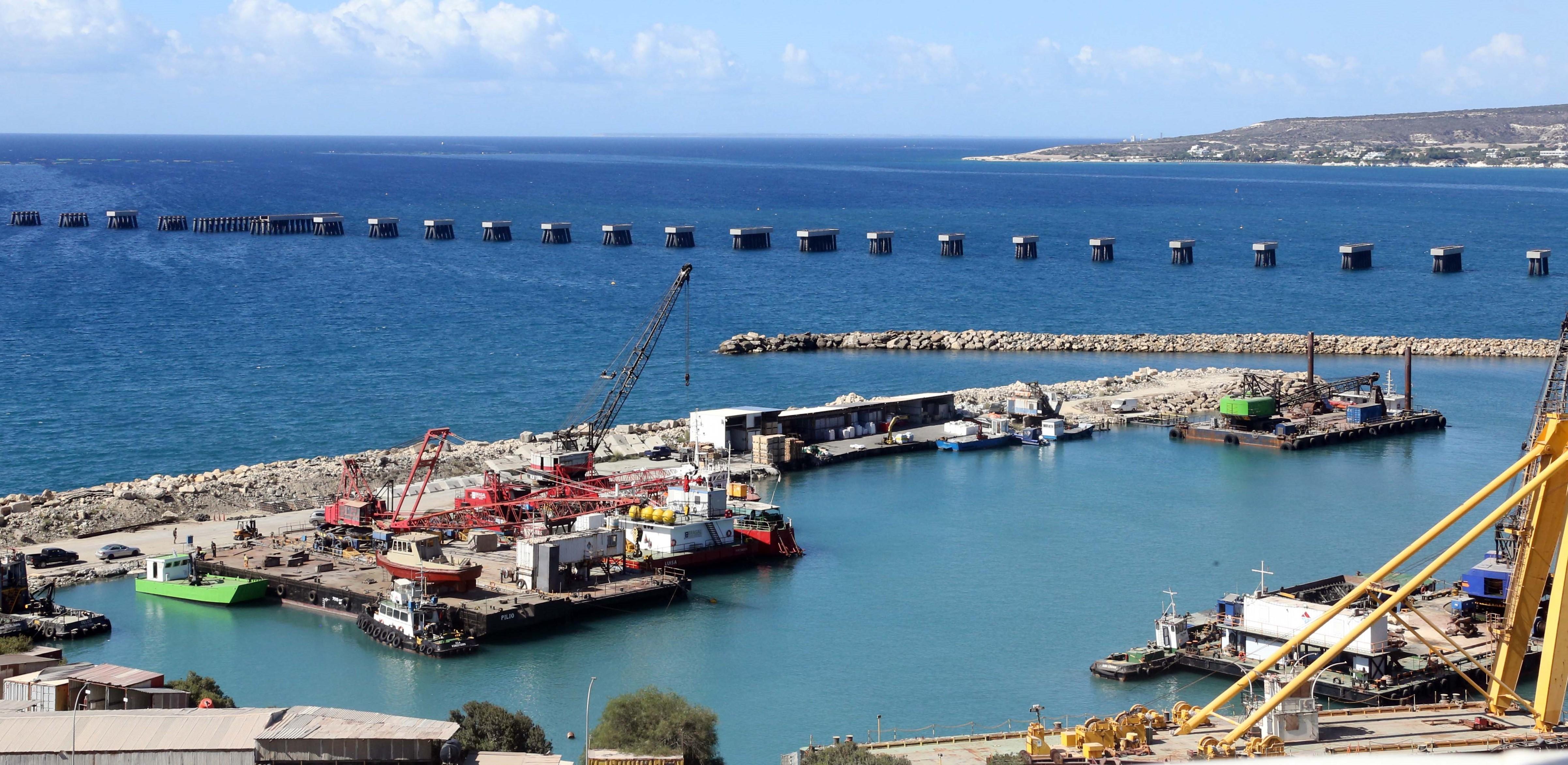By November 2025, Cyprus must return €67.2 million to the European Union, previously received for the construction of a liquefied natural gas (LNG) terminal in Vasiliko. This decision followed the categorical rejection by the European Climate, Infrastructure and Environment Executive Agency (CINEA) of the Cypriot government’s appeal.
Why the EU Demands Repayment
The issue concerns a €101 million grant approved back in 2017. Of this amount, Cyprus had already received €75 million. However, European auditors identified irregularities in the tender organized by a consortium led by a Chinese company. Specifically, the bid scored below the minimum threshold and should have been automatically disqualified. In addition, it was revealed that one of the consortium’s companies lacked the required experience, while a €25 million increase in the contract’s value was deemed unjustified.
Consequences for Cyprus
As a result, CINEA’s decision deprived Nicosia of its last hope of retaining the funding. The country now faces serious political, institutional, and economic consequences. Expenditures already invested in the project exceed €250 million, and completing construction may require an additional €100–150 million.
It should be noted that in July 2024, the Chinese construction company CPP-Metron Consortium Ltd (CMC) withdrew from the project, terminating its contract with the state-owned Natural Gas Infrastructure Company (Etyfa), signed in 2019. This occurred following a political decision by former president Nicos Anastasiades, despite warnings from the Audit Office and the Ministry of Finance.

Project Context and Significance
The LNG terminal in Vasiliko was considered a strategic project for Cyprus, as it was expected to reduce dependence on fuel oil and support the transition to cleaner energy sources in line with European climate commitments. However, persistent delays, financial irregularities, and rising costs have effectively jeopardized the country’s energy strategy.
Current Energy Market Situation in Cyprus
As of 2025, Cyprus remains dependent on imported fuel oil and diesel for electricity generation. This makes electricity on the island among the most expensive in the EU. The European Commission has repeatedly urged Nicosia to accelerate the shift toward renewable energy sources and to ensure transparency in the implementation of infrastructure projects.
